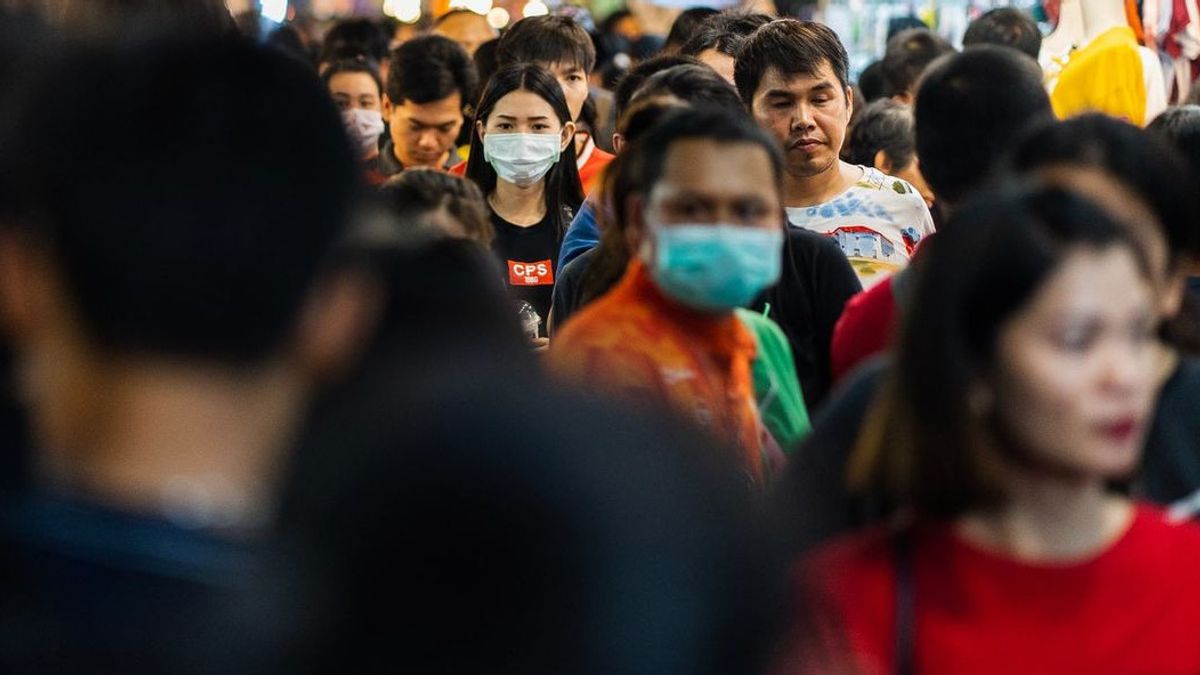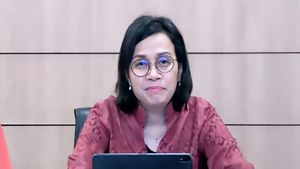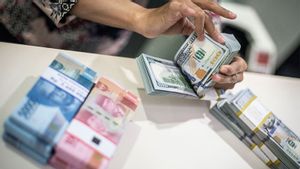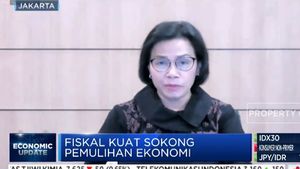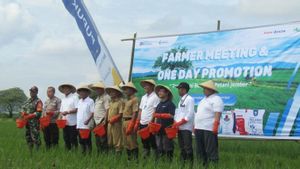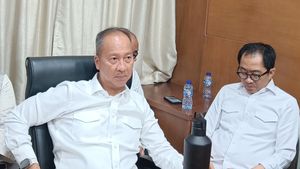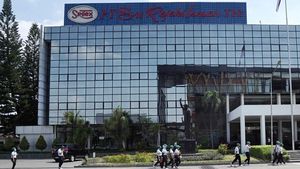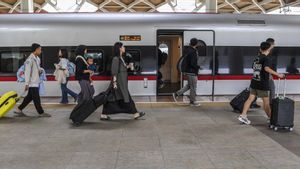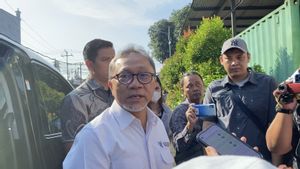JAKARTA - The discourse on extending the implementation of the Emergency Community Activity Restrictions (PPKM) amid uncontrolled daily cases of COVID-19 brings its own risks to the economic sector.
An economic observer at the Center of Reform on Economics (CORE) Indonesia, Yusuf Rendy Manilet, said that the current government has more experience in implementing large-scale social restrictions and mobility policies.
In addition, he mentioned that several consequences had been measured by state officials if the decision to extend the validity period of the Emergency PPKM was actually made.
"Of course, learning from last year's experience, the government already has its own handling of what to do when it imposes restrictions on community activities", he told VOI, Tuesday, July 13.
He added that one of the most likely efforts by the government to keep spurring economic activity in the midst of restrictions is through optimizing fiscal policy.
"What is certain is that government spending is essential in encouraging the recovery process when other economic posts cannot work optimally with restrictions on community activities," he said.
However, Rendy did not deny that the Emergency PPKM would certainly put pressure on productive activities, both from the side of business actors and public consumption. For this reason, the distribution of several aids to the people as well as certain incentives to the business world is the best way to provide a cushion so that the contraction does not get too deep.
SEE ALSO:
“Stimulus is important in conditions of social restrictions or mobility because it can maintain people's purchasing power. Examples that can be applied include cash social assistance (BST) or electricity subsidies and food assistance”, he explained.
“On the other hand, the government also needs to think about how the business world can continue to operate. How to? It could be with electricity subsidies or the abolition of certain taxes. Through this step, it is hoped that the community and entrepreneurs can continue to carry out economic activities in the midst of the pandemic", concluded Rendy.
As is known, the plan for the extension of the Emergency PPKM was first raised by the Minister of Finance, Sri Mulyani, when she held a working meeting with the Indonesia House of Representatives of Budget Agency on Monday, July 12.
“Emergency PPKM for 4-6 weeks is carried out to contain the spread of COVID-19 cases. People's mobility is expected to decrease significantly", he said.
The English, Chinese, Japanese, Arabic, and French versions are automatically generated by the AI. So there may still be inaccuracies in translating, please always see Indonesian as our main language. (system supported by DigitalSiber.id)
